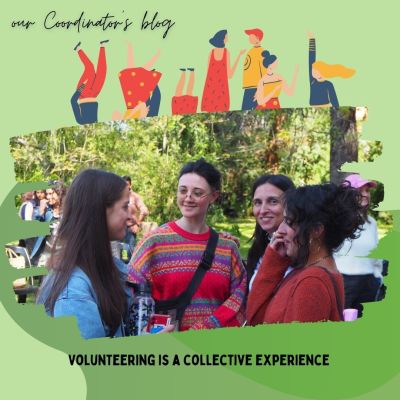Argentina presents no particular threat to foreigners, and travelers should not be discouraged from travelling throughout the country. Argentina is one of the safest countries in Latin America. However, there are still periodic outbreaks of social unrest and demonstrations. Visitors are, therefore, advised to keep abreast with news to know whether any political disturbances are expected.
SAFETY ON THE STREET
-
Do not attract attention to yourself by speaking English loudly in public spaces or wearing expensive looking jewelry. These mannerisms will certainly attract thieves, or worse.
-
Keep a low profile and avoid loud conversations or arguments. Do not discuss travel plans or other personal matters with strangers.
-
Try to seem purposeful when you move about. Even if you are lost, act as if you know where you are going. When possible, ask directions only from individuals in authority.
-
Don't use shortcuts, narrow alleys or poorly lit streets. Try not to travel alone at night.
-
Avoid scam artists. Beware of strangers who approach you, offering bargains or to be your guide.
-
Be alert for bag snatchers, pickpockets and con men, particularly in crowded areas in Buenos Aires, on public transport (buses, the subway, bus and train stations) and in popular tourist haunts (especially in market places and festivals).
-
Beware of pickpockets. They often have an accomplice who will: jostle you, ask you for directions or the time, point to something spilled on your clothing, or distract you by creating a disturbance.
-
Wear the shoulder strap of your bag across your chest and walk with the bag away from the curb to avoid drive-by purse-snatchers.
-
Do not carry your actual passport with you—just carry a copy and leave your passport safely stored at either your host family’s house or your guesthouse.
-
Learn a few phrases in Spanish so you can signal your need for help, the police, or a doctor. Make a note of emergency telephone numbers you may need: police, fire, your accommodation, and your nearest embassy or consulate.
-
If you are confronted, don't fight back. Give up your valuables. Your money and passport can be replaced, but you cannot.
HOW TO HANDLE MONEY SAFELY
-
Beware that ATMs limit your withdrawal, in some cases only giving you 1000 pesos per day. If you need to take out more than that, you’ll have to do two transactions and you’ll be charged a fee for both.
-
Do not flash large amounts of money when paying a bill. Make sure your credit card is returned to you after each transaction.
-
Deal only with authorized agents when you exchange money, buy airline tickets or purchase souvenirs. Do not change money on the black market.
-
If your possessions are lost or stolen, report the loss immediately to the local police. Keep a copy of the police report for insurance claims and as an explanation of your plight. After reporting missing items to the police, report the loss or theft of:
Traveler’s cheques to the nearest agent of the issuing company,
Credit cards to the issuing company,
Airline tickets to the airline or travel agent,
Passport to the nearest embassy or consulate.
LEGAL MATTERS
When you are in a foreign country, you are subject to its laws and are under its jurisdiction - NOT the protection of the laws of your home country i.e. you can be arrested overseas for actions that may be either legal or considered minor infractions in your country.
Police can demand identification at any moment and for whatever reason. Carry a photocopy of your passport at all times and be courteous and cooperative.
The legal drinking age is 18.
Marijuana as well as cocaine are illegal in Argentina and can land you in jail. DO NOT become involved with the local drug culture in any way. Besides the legal dangers, there are also the dangers posed by dealing with any illegal organizations.





